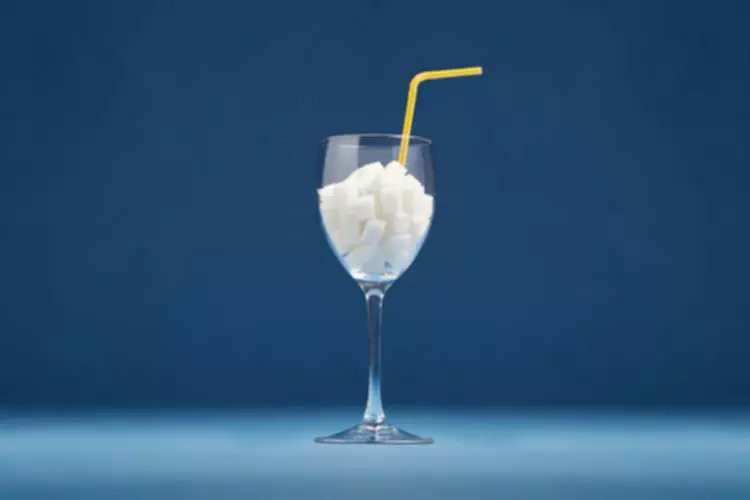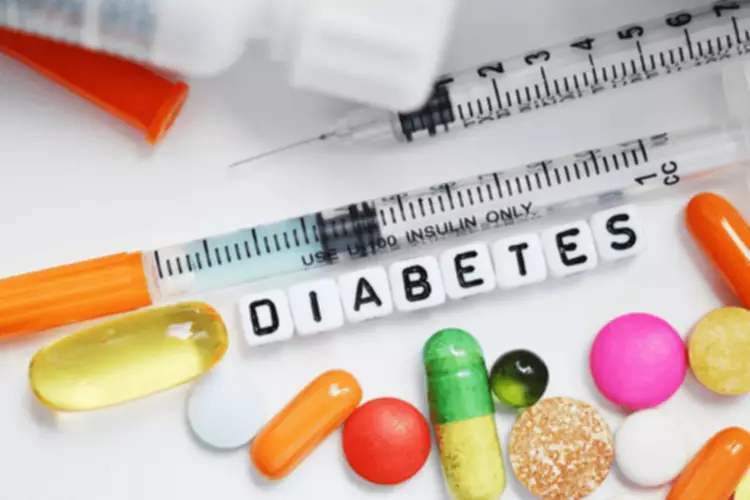Diabetes and Alcohol

Diabetes is a serious illness accompanied by chronic metabolic disorders in the body. The main cause of diabetes is a lack of natural insulin production, as well as glycemia (excess amount of glucose in the blood). In the course of treatment, doctors often prescribe a strict diet that restricts or completely eliminates alcohol consumption. Let’s see if it is possible to drink alcohol if you have diabetes, as well as the effects of alcohol on diabetes.
Alcohol and diabetes facts
- Alcohol makes it significantly harder for the liver to work
Unlike carbohydrates, proteins, and fats, alcohol is not absorbed in the body. Approximately 20% enters the bloodstream immediately after consumption, and the rest is digested in the intestines. A small amount of alcohol is excreted from the body through urine, sweat, and breath. It turns out that the liver is a key organ for “processing” alcohol by eliminating toxins through a gradual oxidation process.
- Alcohol lowers blood sugar levels
It never hurts to remind yourself of this again, especially if you are taking insulin and pills that lower blood sugar levels, such as sulfonylureas (note that the risk of hypoglycemia is minimal with metformin). Why does it lower blood sugar? Returning to the previous point, the liver perceives alcohol as a poisonous substance, so it tries to suppress it. At this time, the liver is less efficient in its other task – maintaining optimal blood sugar levels, so one can end up with hypoglycemia. If this happens at night, while sleeping, there is a possibility of hypoglycemic coma.

Therefore, if you plan to drink something strong, minimize the risk of low sugar levels by supplementing alcohol with high-carb snacks. At the same time, don’t forget that too many carbohydrates can trigger a backlash and dramatically increase blood sugar levels. Avoiding this is simple: don’t drink too much and don’t get carried away with beer, dessert wines, and alcoholic cocktails – they have been proven to have the highest concentration of carbohydrates.
- Moderate drinking with diabetes
You might be aware of the concept of moderate drinking. What does it mean? It is believed that without harm to health, men can consume no more than two servings of any alcohol (beer, wine, rum, vodka, and other spirits) per day, women – one serving. Yet, when you bring together alcohol and diabetes, it is much wiser to be on the safe side by discussing your individual limit with your doctor. Especially, if you are taking any special medications or have complications.
- Indirect effects of alcohol on diabetes
Alcohol directly affects more than just blood sugar. It also raises blood pressure and increases blood cholesterol. This means that it will be more difficult for you to curb your appetite. As a result, you will eat more and can gain excess weight that has a direct association with diabetes. In addition, alcohol significantly impairs attention, which can also be unsafe because you might not be able to reasonably evaluate your condition or ask for help in time.

Take back control of your life and start on the road to recovery now.
What is the danger of being drunk with diabetes?
Are alcohol and diabetes even compatible? For most people with diabetes, alcohol is not contraindicated, but once again, this should be discussed individually with your doctor. Although you should completely eliminate alcohol, you must understand how much you can drink and when to stop, which usually means that you should not get drunk to avoid life-threatening consequences.

First, you will not recognize the state of hypoglycemia (low blood sugar) well. A person falls asleep so deeply after alcohol that you may not feel the first phase of hypoglycemia.
Secondly, alcohol really clouds the mind, so you might not take the right insulin dose. Sometimes it is difficult to calculate the dose even in a normal state, but imagine what would happen if you also had a good drink.
Third, until the liver breaks down all alcohol in the body, it does not perform its normal functions in full. Alcohol prevents your liver from making new glucose. When stores of glycogen are depleted, there is a danger of hypoglycemia. If you drink in the evening, the risk of low blood glucose levels continues at night and even the next morning.
This was proven by a study where diabetics were divided into two groups. In one group, people drank white wine (3 glasses) after dinner, and in the other – water. Glucose in the morning was lower in the wine group, and several people there developed hypoglycemia after breakfast.
Advice on drinking with diabetes
- Drink alcohol in moderation and remember to consult with a doctor.
- Always eat “slow” carbohydrates along with alcoholic drinks (pasta, for example).
- Avoid drinks like liquor or beer due to simple carbs in them (your blood glucose will first skyrocket and then drop due to alcohol).
- Choose a dry wine or pure/diluted strong alcohol
- Carry something with you, such as a bracelet, that says you have diabetes. Drinking is best in a company where people are aware of your condition.
- If you have a drink and then go to a nightclub to dance(exercise), your risk of low blood sugar increases.
- Eat slow carbohydrates before bed and reduce the dose of insulin in the evening.
- Don’t sleep alone. Even if you come home late, inform the people you live with about your condition.




